di Alessandro Fanetti
Le elezioni statunitensi tengono col fiato sospeso una larga fetta della popolazione globale almeno dalla fine della Seconda Guerra Mondiale e la conseguente nascita del bipolarismo. Decenni di dibattiti, anche a decine di migliaia di km di distanza da Washington, fra chi tifa un candidato e chi un altro.
Anche il 2024, con la sfida fra la democratica Kamala Harris e il Repubblicano Donald J. Trump, non ha fatto eccezione. Migliaia di ore di dirette da mesi prima della “fatidica” data del 5 novembre, fiumi di parole e di articoli su cosa avrebbe fatto l’uno o l’altro in caso di vittoria e divisioni fra persone “comuni” che raramente si ravvisano anche per questioni molto più (a dire il vero) significative.
Se infatti per la popolazione che vive e lavora negli USA (o per chi ha relazioni commerciali vitali con Washington, a partire dalle aziende italiane a “vocazione – export”) tali momenti col “fiato sospeso” possono essere assolutamente giustificati (almeno prendendo in considerazione il breve periodo), è invece meno comprensibile il tifo da stadio per i diversi candidati sulla loro eventuale gestione della politica estera riguardante la linea strategica “primaria” USA: la difesa del ruolo statunitense nel mondo (a partire dal “suo” dollaro). E dunque, in primo luogo, sulla questione della strenua difesa dell’unipolarismo (in contrasto con l’ascesa del mondo multipolare) repubblicani e democratici non si discostano dalla “retta via” univoca e condivisa.
È ovvio e chiaro che lo “show”, al quale siamo sottoposti per mesi ad ogni elezione, è ormai divenuto tale che (in un modo o nell’altro) tutti noi siamo tentati dal cadere nel pozzo del circo mediatico creatoci attorno. Ma è altrettanto vero che, tolto il velo della propaganda, la politica estera USA (nelle sue linee strategiche) si muove su chiare direttrici che trascendono il Presidente di turno.
E questo non da ora, bensì sostanzialmente almeno dalla Dottrina Monroe del 1823.1
Dottrina che non è mai stata rinnegata e ha fatto da base alla “presa” di Washington sul Continente americano, nonché alla sua successiva capacità di espansione della propria influenza nel mondo.
Aldilà dei Presidenti che si alternavano (e si alternano), siano essi democratici o repubblicani. Dunque con un chiaro ruolo di “facciata” della persona spesso definita dal mainstream come quella “più potente del mondo”, mentre invece il vero “Potere” si annidava (e si annida) nei meandri del Deep State e nella “vera” élite.
Continuità rimasta dunque intatta anche nel periodo della Guerra Fredda, con l’URSS come nemico numero uno e potenza da abbattere per l’élite USA nel suo complesso.
Ne sono la prova, ad esempio, queste due dichiarazioni:
- Il repubblicano Ronald Reagan nel 1983: “Vi esorto a stare attenti alla tentazione dell’orgoglio, alla tentazione di dichiararvi allegramente al di sopra di tutto e di (dare la colpa ad entrambe le parti) […], di ignorare i fatti della storia e gli impulsi aggressivi di un impero del male (l’URSS), di chiamare semplicemente la corsa agli armamenti un gigantesco malinteso e quindi allontanarsi dalla lotta tra il bene e il male […]. Vi chiedo di resistere ai tentativi di coloro che vorrebbero che negaste il vostro sostegno ai nostri sforzi, agli sforzi di questa amministrazione […]. Credo che raccoglieremo la sfida e credo che il comunismo sia un altro triste e bizzarro capitolo della storia umana le cui ultime pagine sono ancora in fase di scrittura.”2
- Quasi quattro decenni prima, nel 1947 (poco dopo la fine della Seconda Guerra Mondiale, dove USA e URSS erano alleate, e agli albori della Guerra Fredda con la calata della Cortina di Ferro), il democratico Truman enunciò la sua dottrina (passata alla storia come quella del “contenimento”) prendendo spunto dalla questione “Grecia – Turchia”. In sostanza egli impegnava gli Stati Uniti ad intervenire preventivamente con vari mezzi per “salvare” qualsiasi Paese minacciato dal totalitarismo (leggasi, nella visione USA, dall’URSS): “Mr. President, Mr. Speaker, Members of the Congress of the United States: The gravity of the situation which confronts the world today necessitates my appearance before a joint session of the Congress. The foreign policy and the national security of this country are involved. One aspect of the present situation, which I wish to present to you at this time for your consideration and decision, concerns Greece and Turkey. The United States has received from the Greek Government an urgent appeal for financial and economic assistance. Preliminary reports from the American Economic Mission now in Greece and reports from the American Ambassador in Greece corroborate the statement of the Greek Government that assistance is imperative if Greece is to survive as a free nation. I do not believe that the American people and the Congress wish to turn a deaf ear to the appeal of the Greek Government. Greece is not a rich country. Lack of sufficient natural resources has always forced the Greek people to work hard to make both ends meet. Since 1940, this industrious and peace loving country has suffered invasion, four years of cruel enemy occupation, and bitter internal strife. When forces of liberation entered Greece they found that the retreating Germans had destroyed virtually all the railways, roads, port facilities, communications, and merchant marine. More than a thousand villages had been burned. Eighty-five per cent of the children were tubercular. Livestock, poultry, and draft animals had almost disappeared. Inflation had wiped out practically all savings. As a result of these tragic conditions, a militant minority, exploiting human want and misery, was able to create political chaos which, until now, has made economic recovery impossible. Greece is today without funds to finance the importation of those goods which are essential to bare subsistence. Under these circumstances the people of Greece cannot make progress in solving their problems of reconstruction. Greece is in desperate need of financial and economic assistance to enable it to resume purchases of food, clothing, fuel and seeds. These are indispensable for the subsistence of its people and are obtainable only from abroad. Greece must have help to import the goods necessary to restore internal order and security, so essential for economic and political recovery. The Greek Government has also asked for the assistance of experienced American administrators, economists and technicians to insure that the financial and other aid given to Greece shall be used effectively in creating a stable and self-sustaining economy and in improving its public administration. The very existence of the Greek state is today threatened by the terrorist activities of several thousand armed men, led by Communists, who defy the government’s authority at a number of points, particularly along the northern boundaries. A Commission appointed by the United Nations security Council is at present investigating disturbed conditions in northern Greece and alleged border violations along the frontier between Greece on the one hand and Albania, Bulgaria, and Yugoslavia on the other. Meanwhile, the Greek Government is unable to cope with the situation. The Greek army is small and poorly equipped. It needs supplies and equipment if it is to restore the authority of the government throughout Greek territory. Greece must have assistance if it is to become a self-supporting and self-respecting democracy. The United States must supply that assistance. We have already extended to Greece certain types of relief and economic aid but these are inadequate. There is no other country to which democratic Greece can turn. No other nation is willing and able to provide the necessary support for a democratic Greek government. The British Government, which has been helping Greece, can give no further financial or economic aid after March 31. Great Britain finds itself under the necessity of reducing or liquidating its commitments in several parts of the world, including Greece. We have considered how the United Nations might assist in this crisis. But the situation is an urgent one requiring immediate action and the United Nations and its related organizations are not in a position to extend help of the kind that is required. It is important to note that the Greek Government has asked for our aid in utilizing effectively the financial and other assistance we may give to Greece, and in improving its public administration. It is of the utmost importance that we supervise the use of any funds made available to Greece; in such a manner that each dollar spent will count toward making Greece self-supporting, and will help to build an economy in which a healthy democracy can flourish. No government is perfect. One of the chief virtues of a democracy, however, is that its defects are always visible and under democratic processes can be pointed out and corrected. The Government of Greece is not perfect. Nevertheless it represents eighty-five per cent of the members of the Greek Parliament who were chosen in an election last year. Foreign observers, including 692 Americans, considered this election to be a fair expression of the views of the Greek people. The Greek Government has been operating in an atmosphere of chaos and extremism. It has made mistakes. The extension of aid by this country does not mean that the United States condones everything that the Greek Government has done or will do. We have condemned in the past, and we condemn now, extremist measures of the right or the left. We have in the past advised tolerance, and we advise tolerance now. Greece’s neighbor, Turkey, also deserves our attention. The future of Turkey as an independent and economically sound state is clearly no less important to the freedom-loving peoples of the world than the future of Greece. The circumstances in which Turkey finds itself today are considerably different from those of Greece. Turkey has been spared the disasters that have beset Greece. And during the war, the United States and Great Britain furnished Turkey with material aid. Nevertheless, Turkey now needs our support. Since the war Turkey has sought financial assistance from Great Britain and the United States for the purpose of effecting that modernization necessary for the maintenance of its national integrity. That integrity is essential to the preservation of order in the Middle East. The British government has informed us that, owing to its own difficulties can no longer extend financial or economic aid to Turkey. As in the case of Greece, if Turkey is to have the assistance it needs, the United States must supply it. We are the only country able to provide that help. I am fully aware of the broad implications involved if the United States extends assistance to Greece and Turkey, and I shall discuss these implications with you at this time. One of the primary objectives of the foreign policy of the United States is the creation of conditions in which we and other nations will be able to work out a way of life free from coercion. This was a fundamental issue in the war with Germany and Japan. Our victory was won over countries which sought to impose their will, and their way of life, upon other nations. To ensure the peaceful development of nations, free from coercion, the United States has taken a leading part in establishing the United Nations, The United Nations is designed to make possible lasting freedom and independence for all its members. We shall not realize our objectives, however, unless we are willing to help free peoples to maintain their free institutions and their national integrity against aggressive movements that seek to impose upon them totalitarian regimes. This is no more than a frank recognition that totalitarian regimes imposed on free peoples, by direct or indirect aggression, undermine the foundations of international peace and hence the security of the United States. The peoples of a number of countries of the world have recently had totalitarian regimes forced upon them against their will. The Government of the United States has made frequent protests against coercion and intimidation, in violation of the Yalta agreement, in Poland, Rumania, and Bulgaria. I must also state that in a number of other countries there have been similar developments. At the present moment in world history nearly every nation must choose between alternative ways of life. The choice is too often not a free one. One way of life is based upon the will of the majority, and is distinguished by free institutions, representative government, free elections, guarantees of individual liberty, freedom of speech and religion, and freedom from political oppression. The second way of life is based upon the will of a minority forcibly imposed upon the majority. It relies upon terror and oppression, a controlled press and radio; fixed elections, and the suppression of personal freedoms. I believe that it must be the policy of the United States to support free peoples who are resisting attempted subjugation by armed minorities or by outside pressures. I believe that we must assist free peoples to work out their own destinies in their own way. I believe that our help should be primarily through economic and financial aid which is essential to economic stability and orderly political processes. The world is not static, and the status quo is not sacred. But we cannot allow changes in the status quo in violation of the Charter of the United Nations by such methods as coercion, or by such subterfuges as political infiltration. In helping free and independent nations to maintain their freedom, the United States will be giving effect to the principles of the Charter of the United Nations. It is necessary only to glance at a map to realize that the survival and integrity of the Greek nation are of grave importance in a much wider situation. If Greece should fall under the control of an armed minority, the effect upon its neighbor, Turkey, would be immediate and serious. Confusion and disorder might well spread throughout the entire Middle East. Moreover, the disappearance of Greece as an independent state would have a profound effect upon those countries in Europe whose peoples are struggling against great difficulties to maintain their freedoms and their independence while they repair the damages of war. It would be an unspeakable tragedy if these countries, which have struggled so long against overwhelming odds, should lose that victory for which they sacrificed so much. Collapse of free institutions and loss of independence would be disastrous not only for them but for the world. Discouragement and possibly failure would quickly be the lot of neighboring peoples striving to maintain their freedom and independence. Should we fail to aid Greece and Turkey in this fateful hour, the effect will be far reaching to the West as well as to the East. We must take immediate and resolute action. I therefore ask the Congress to provide authority for assistance to Greece and Turkey in the amount of $400,000,000 for the period ending June 30, 1948. In requesting these funds, I have taken into consideration the maximum amount of relief assistance which would be furnished to Greece out of the $350,000,000 which I recently requested that the Congress authorize for the prevention of starvation and suffering in countries devastated by the war. In addition to funds, I ask the Congress to authorize the detail of American civilian and military personnel to Greece and Turkey, at the request of those countries, to assist in the tasks of reconstruction, and for the purpose of supervising the use of such financial and material assistance as may be furnished. I recommend that authority also be provided for the instruction and training of selected Greek and Turkish personnel. Finally, I ask that the Congress provide authority which will permit the speediest and most effective use, in terms of needed commodities, supplies, and equipment, of such funds as may be authorized. If further funds, or further authority, should be needed for purposes indicated in this message, I shall not hesitate to bring the situation before the Congress. On this subject the Executive and Legislative branches of the Government must work together. This is a serious course upon which we embark. I would not recommend it except that the alternative is much more serious. The United States contributed $341,000,000,000 toward winning World War II. This is an investment in world freedom and world peace. The assistance that I am recommending for Greece and Turkey amounts to little more than 1 tenth of 1 per cent of this investment. It is only common sense that we should safeguard this investment and make sure that it was not in vain. The seeds of totalitarian regimes are nurtured by misery and want. They spread and grow in the evil soil of poverty and strife. They reach their full growth when the hope of a people for a better life has died. We must keep that hope alive. The free peoples of the world look to us for support in maintaining their freedoms. If we falter in our leadership, we may endanger the peace of the world — and we shall surely endanger the welfare of our own nation. Great responsibilities have been placed upon us by the swift movement of events. I am confident that the Congress will face these responsibilities squarely.”3
La fine della Guerra Fredda, con la dissoluzione dell’URSS, ha portato il mondo nell’ “era unipolare” e gli USA ad essere l’unica Superpotenza. E questo “momentum” di Washington è stato ampiamente sostenuto e difeso (anzi si è sempre visto dei tentativi di rafforzarlo) sia dai repubblicani che dai democratici. Come viene difeso tutt’ora, anche se con maggiore difficoltà in quanto i Paesi che aspirano a un mondo multipolare si stanno rafforzando.4
Ne sono un chiaro esempio i conflitti sviluppatisi durante gli anni ’90 del ‘900 e nel nuovo millennio in giro per il mondo. Conflitti che hanno visto gli USA in prima fila per la difesa globale dei loro interessi e del loro ruolo di leader sul Pianeta: ad esempio la prima e la seconda guerra del golfo, lo smembramento della Jugoslavia, la guerra in Afghanistan, la guerra in Libia, etc.
Guerre e conflitti sviluppatisi sia con Presidenti democratici che repubblicani: Ronald Reagan, George H. W. Bush, Bill Clinton, George W. Bush, Barack Obama.
Momento unipolare che ha permesso questi “giri” per il mondo di Washington (sostanzialmente indisturbata), con una visione unitaria “democratici – repubblicani” (entrambi convinti della necessità di operare nel mondo con determinate identiche modalità).
Anche nei momenti di maggiore difficoltà, come ad esempio con la ritirata dall’Afghanistan dopo quasi 20 anni di intervento militare (2001 – 2021). Intervento effettuato dal repubblicano George W. Bush, mantenuto con il democratico Obama, gestito dal repubblicano Trump (con la decisione del ritiro) e conclusosi con il democratico Biden (il quale ha eseguito l’ordine del suo predecessore repubblicano Trump).
Giri per il mondo che si sono dunque rivelati più complicati, come accennato sopra, per il rafforzamento di altre Potenze sia globali che regionali aspiranti ad un mondo multipolare dove possano avere anche loro un “posto al sole”. Cercando dunque di ridimensionare il ruolo USA, in primis dal punto di vista dell’influenza generale di Washington nelle varie regioni del globo (in questo senso, una delle leve più significative è quella della “de – dollarizzazione” di una parte dell’economia globale, in quanto l’utilizzo quasi esclusivo della moneta statunitense garantisce a Washington un potere sostanziale e non paritario nelle relazioni globali). Situazione che ha dunque allarmato l’élite statunitense e l’ha portata ad operare verso tre direzioni strategiche, così da cercare di contrastare i suoi “concorrenti”:
- Impegno rafforzato sull’America Latina e Caraibi (da sempre considerati come il “giardino di casa” dagli USA), ora “minacciati” dal tentativo di aumento dell’influenza da parte dell’ “asse del male” (nella visione di Washington) Russia – Cina – Iran.
- Rafforzamento della presa sugli alleati, così da cercare di non rischiare di farli cadere in tentazioni “multipolari” (nonché provare ad “usarli” contro tale disegno, promosso in primis da Russia e Cina). È in questo contesto che si può leggere il tentativo di “decoupling” (nella sostanza riuscito, almeno nel breve periodo) Europa (almeno i Paesi più “forti”) – Russia. Nonché il sostegno sostanzialmente incondizionato a Israele, in primis in funzione anti – polo islamico mediorientale.
- Emanazione del c.d. “Pivot to Asia” nel 2011 (sotto la Presidenza del democratico Obama e del Segretario di Stato Hillary Clinton, con quest’ultima che delineò approfonditamente e pubblicamente la decisione in un intervento sulla rivista “Foreign Policy” dell’11 ottobre 2011 dal titolo evocativo “America’s Pacific Century”)5, riassumibile nella sostanza con l’indicazione della Cina come maggiore minaccia per il ruolo di Washington nel mondo e i modi per contenerla6: “Il Pivot to Asia è una delle principali iniziative di politica estera dell’amministrazione guidata da Barack Obama. Dalla sua proposizione, nel 2011, ad opera dell’ex segretario di Stato, Hillary Clinton, questa strategia ha caratterizzato l’atteggiamento degli Stati Uniti nei confronti del continente asiatico durante la presidenza obamiana e non solo. Il “perno” – questa la traduzione in italiano di pivot – rappresenta una sorta di riequilibrio strategico degli interessi americani dall’Europa e dal Medio Oriente verso l’Asia orientale. Complice l’ascesa della Cina, le attività missilistiche della Corea del Nord, le mille questioni irrisolte al largo del Mar Cinese Meridionale, compresa l’indipendenza di Taiwan, Washington ha pensato bene di focalizzare la propria attenzione sull’area Indo-Pacifica. […] A detta di molti studiosi, attraverso il Pivot to Asia gli Stati Uniti hanno tentato di fare chiarezza in merito al proprio ruolo nel mondo. Il risultato è chiaro: per continuare a essere sulla cresta dell’onda, Washington (ha dato) priorità strategica alla regione indo-pacifica.”7
Come sottolineato anche dal Presidente democratico Obama durante un intervento al Parlamento australiano nel 2011: “Our enduring interests in the region demand our enduring presence in the region. The United States is a Pacific power, and we are here to stay. […] So let there be no doubt: In the Asia-Pacific in the 21st century, the United States of America is all in.”8
“Pivot to Asia”, dunque, come linea di politica estera di primaria importanza, decisiva nel breve – medio e lungo termine, che trova fermamente d’accordo sia i repubblicani che i democratici, come ampiamente dimostrato dai fatti e dalle seguenti dichiarazioni:
- Presidente Barak Obama (Partito Democratico), 2011:“We’ve made it clear that America is a Pacific power… America is back. Anyone who tells you otherwise, anyone who tells you that America is in decline or that our influence has waned, doesn’t know what they are talking about.”9
- Presidente Biden (Partito Democratico), 2023: “US investments in its alliances, military and advanced technologies meant that America was now in its strongest position in decades to compete with China and defend its interests.”10
- Presidente Trump (Partito Repubblicano), 2024: “China (is) the biggest threat to the U.S.”.11
- Vicepresidente Kamala Harris (Partito Democratico), 2024: “(I’m) sure America, not China, wins the competition for the 21st century.”
Se questa linea strategica di politica estera statunitense è dunque sostanzialmente bipartisan e ampiamente sostenuta dall’élite, è comunque ovvio che discrepanze “secondarie” sono presenti. Se ad esempio il “sogno finale” sulla Russia è da decenni quello di provare a dividerla (sulla scia di ciò che è accaduto all’URSS, come predetto negli anni ’60 dal geopolitico polacco naturalizzato statunitense Zbigniew Brzezinski) rispettando la visione sempreverde del “Divide et Impera”, per contrastare la Potenza cinese c’è chi vede meglio (ovviamente solo per il tempo strettamente necessario) la Russia come “alleato” (in generale i repubblicani) e chi invece vorrebbe prima sconfiggere Mosca e poi passare a Pechino (in generale i democratici).
Ma queste discrepanze non intaccano la “grande strategia globale” di Washington che mira a mantenere la sua influenza nel mondo e la sua capacità di difendere e rafforzare i propri interessi ovunque lo ritenga opportuno. Con la Cina che in questo contesto è la “nemica finale”.
Senza scandalizzarci o meravigliarsi, come degli “occhi geopolitici” dovrebbero fare per leggere il mondo e provare a dare anche qualche buon suggerimento, si può dunque dire che gli Stati Uniti d’America fanno gli interessi loro e delle élite che rappresentano. Aldilà di repubblicani e democratici (nonché degli alleati o presunti tali).
E questo è bene ricordarcelo sempre….TUTTI.
NOTE AL TESTO
1 Nella sostanza “L’America agli americani. Dove per americani si intendevano gli USA.”
2Ronald Reagan: “un impero del male” (1983).
3 https://avalon.law.yale.edu/20th_century/trudoc.asp.
4 Vedasi, a tal proposito, il vertice BRICS di Kazan di Ottobre 2024.
5 https://foreignpolicy.com/2011/10/11/americas-pacific-century/.
6 In sostanza con l’implementazione di sei linee d’azione nell’area dell’Indo – Pacifico: “strengthening bilateral security alliances; deepening America’s relationships with rising powers […]; engaging with regional multilateral institutions; expanding trade and investment; forging a broad-based military presence; and advancing democracy and human rights.” https://web.archive.org/web/20130614114825/http://www.foreignpolicy.com/articles/2011/10/11/americas_pacific_century.
7 https://it.insideover.com/schede/politica/che-cose-il-pivot-to-asia-e-perche-e-importante.html.
8Long promised and often delayed, the ‘pivot to Asia’ takes shape under Biden: NPR.
9 https://www.bbc.com/news/world-asia-16727625.
10 https://edition.cnn.com/2023/02/08/politics/china-biden-state-of-the-union/index.html.
11 https://time.com/7020042/trump-harris-china-explainer-trade-tariffs-taiwan-war-human-rights/.
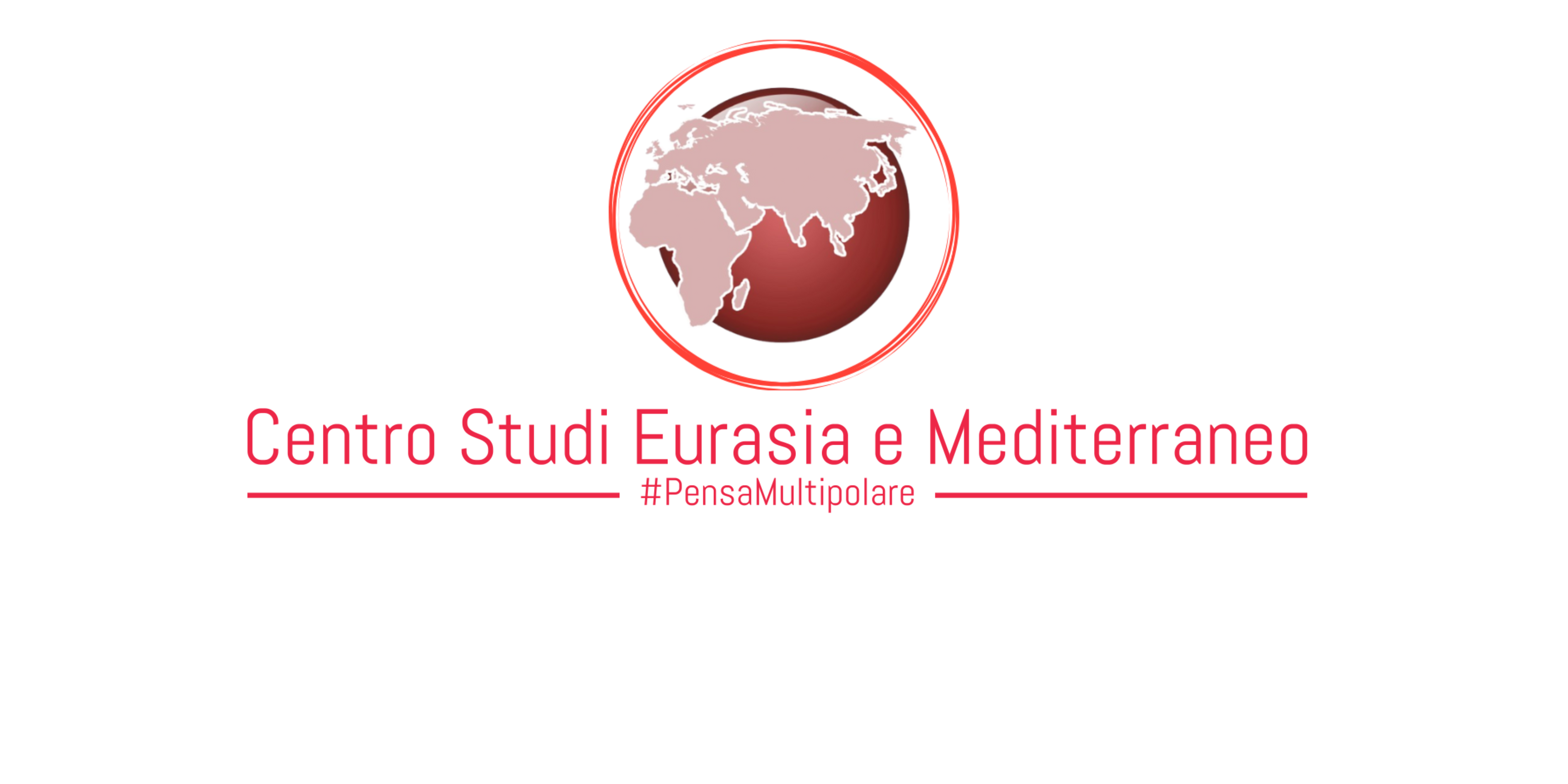



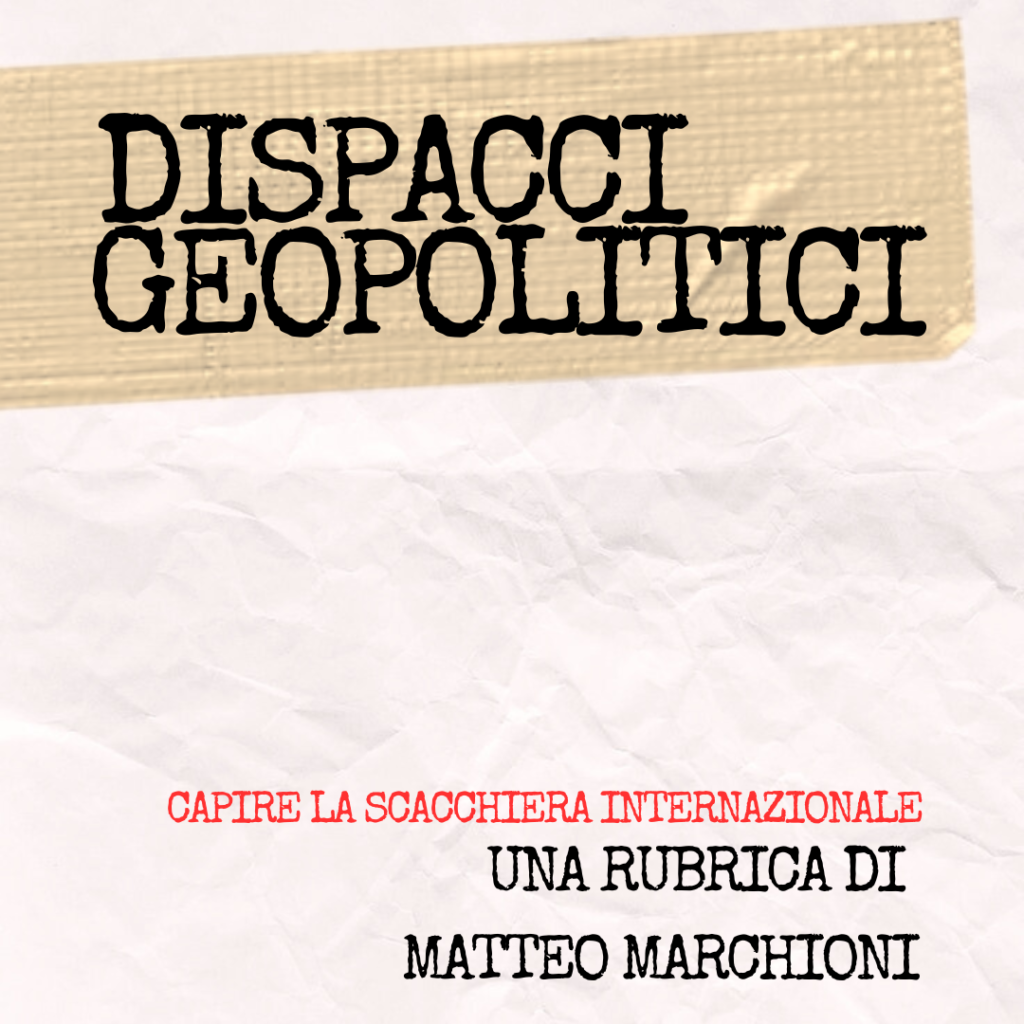
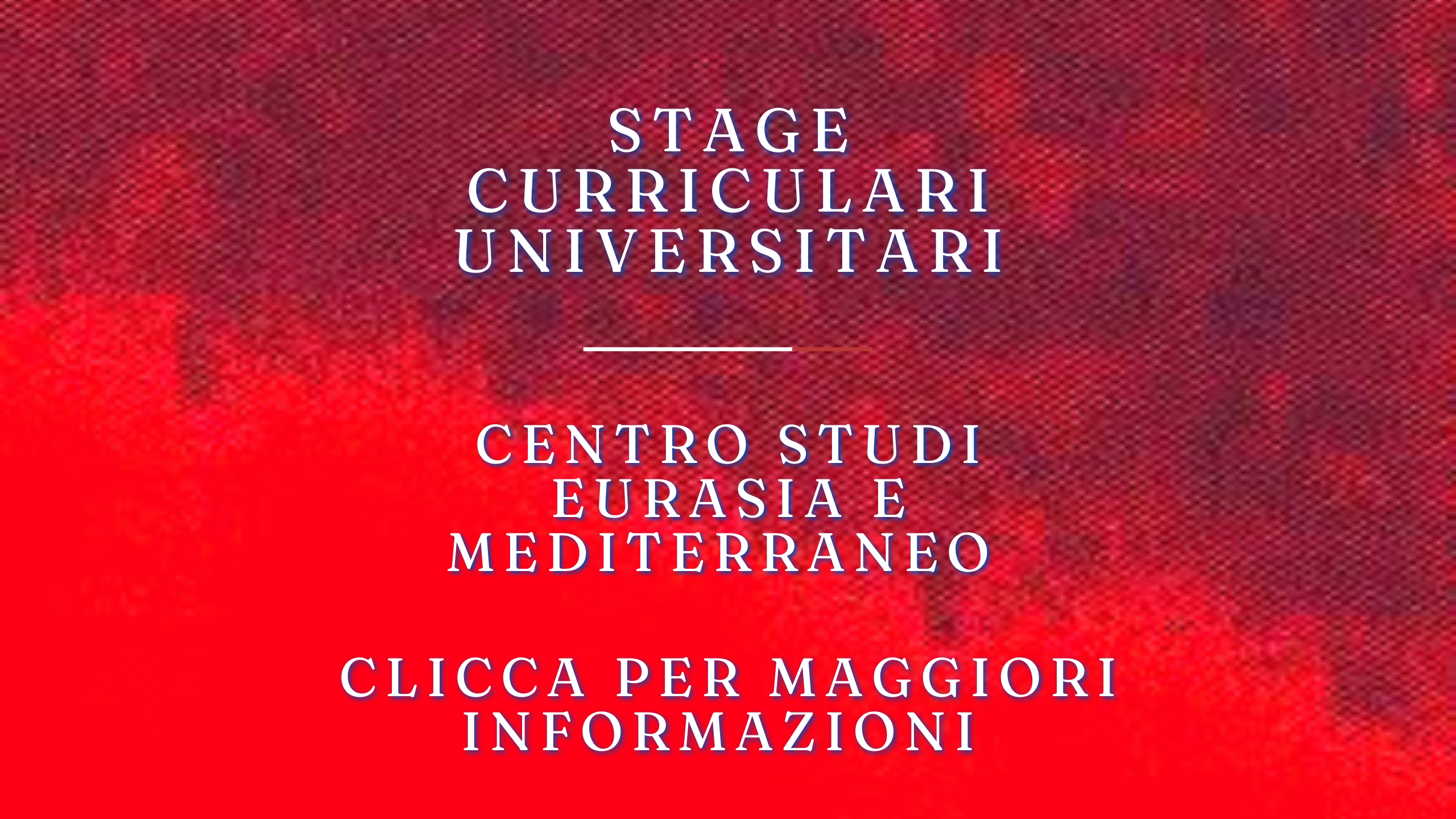
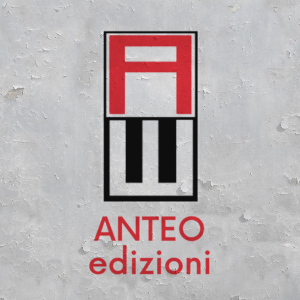
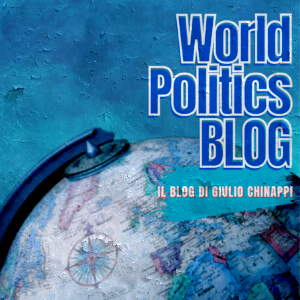
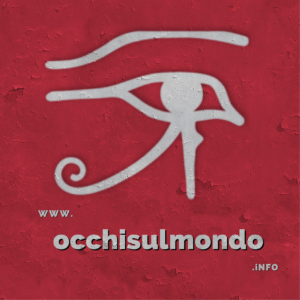


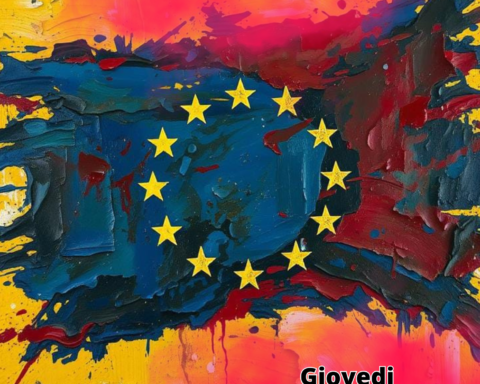

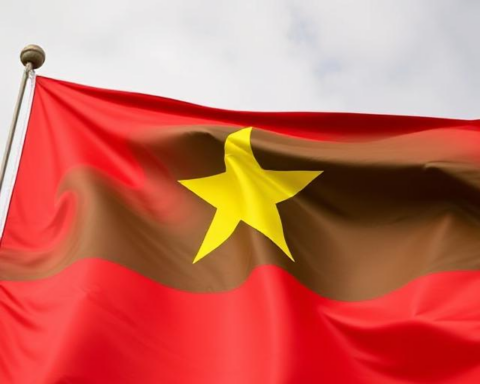




Il CeSE-M sui social